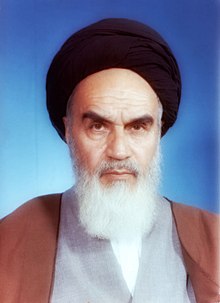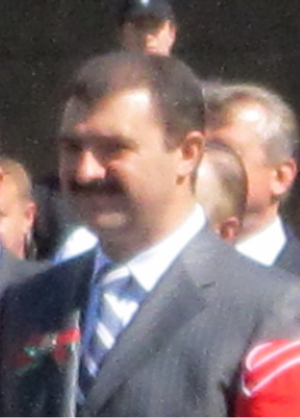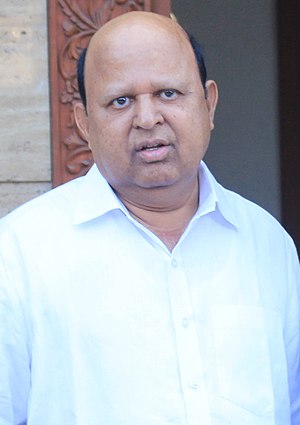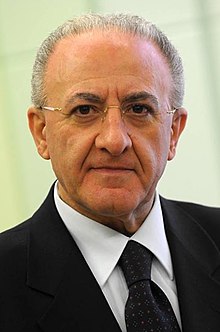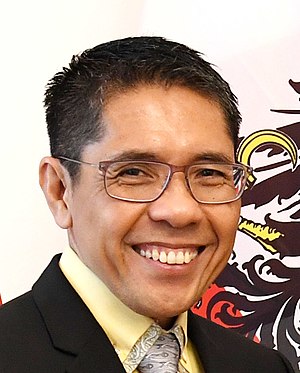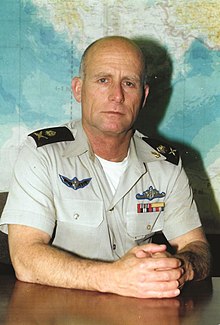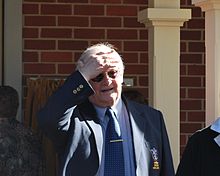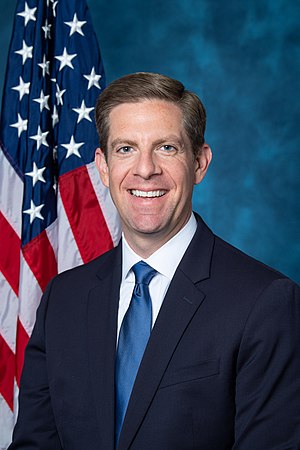Ruhollah Khomeini
#124 Most Popular
ABOUT
Ruhollah Khomeini, born Seyyed Ruhollah Musavi Khomeini on September 24, 1902, in Khomein, Iran, was an influential Iranian political and religious leader who became the figurehead of the Iranian Revolution of 1979. Khomeini later served as the Supreme Leader of Iran from 1979 until his death in 1989. His leadership was pivotal in transforming Iran from a monarchy under Shah Mohammad Reza Pahlavi to an Islamic Republic based on his vision of governance by Islamic jurists (Wilayat al-Faqih). Khomeini is remembered both for his theocratic reign and for his influence on Islamic thought and politics globally.
BEFORE FAME
Khomeini's early education was steeped in Islamic scholarship. He was deeply rooted in the Twelver Ja'fari jurisprudence, a branch of Shia Islam. His religious education began under the tutelage of his father and later continued at leading seminaries in Arak and Qom. By the 1940s, Khomeini had gained recognition as a scholarly and charismatic cleric. He published several works on Islamic law and theology, laying the groundwork for his later revolutionary ideology.
TRIVIA
- Khomeini's book, "Kashf al-Asrar" (Secrets Unveiled), published in 1942, criticized the then-government and secular intellectuals.
- He was exiled from Iran in 1964 for his outspoken opposition to the Shah’s regime, spending time in Turkey, Iraq, and France before returning to Iran in 1979.
- Khomeini’s publication of the book "Velayat-e faqih" (Governance of the Jurist) provided an ideological blueprint for an Islamic state.
- Known for his austere lifestyle, Khomeini eschewed material wealth and lived modestly even after attaining supreme power.
FAMILY LIFE
Ruhollah Khomeini was born into a family of religious scholars. His father, Mostafa Hindi, was a cleric of some standing. Khomeini married Khadijeh Saqafi in 1929, and the couple had seven children, though two died in infancy. His children include Ahmad Khomeini, who became an important political figure in Iran, and Zahra Mostafavi, who also played roles in the political and social spheres. The Khomeini family remains influential in Iranian politics and religious circles.
ASSOCIATED WITH
Ruhollah Khomeini is closely associated with prominent figures and events in Iranian history, including Ayatollah Ali Khamenei, his successor as Supreme Leader. His leadership intersected with global political realities, influencing figures such as Saddam Hussein during the Iran-Iraq War and having indirect impacts on key international incidents such as the U.S. Embassy hostage crisis in 1979-1981. Khomeini’s legacy endures in the continued governance structure of the Islamic Republic of Iran and the ongoing prominence of Shiite political influence in the Middle East.


